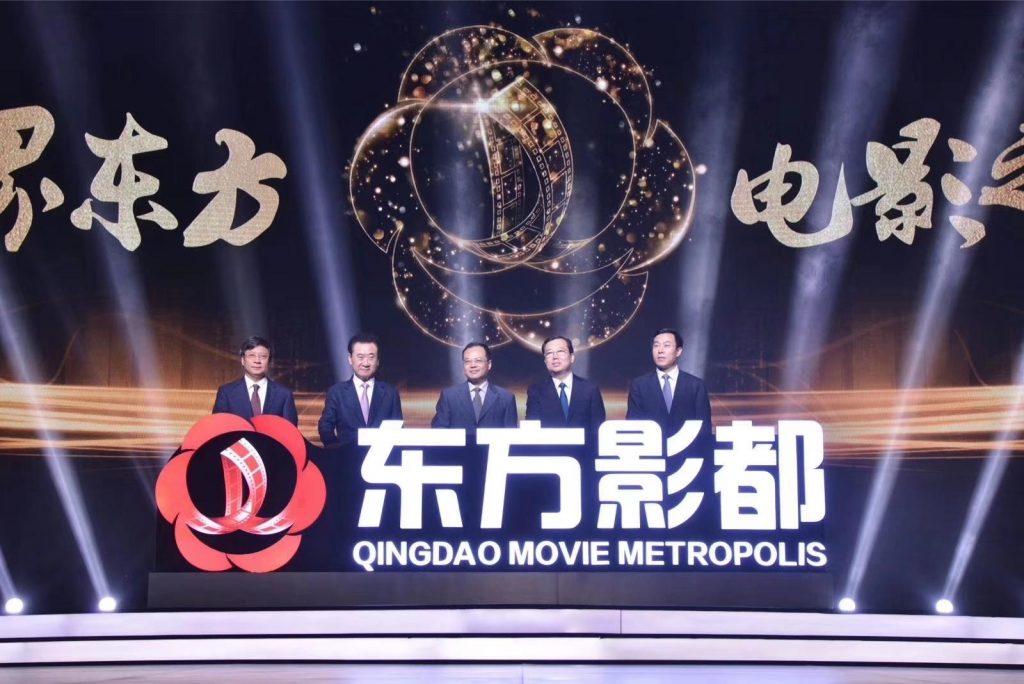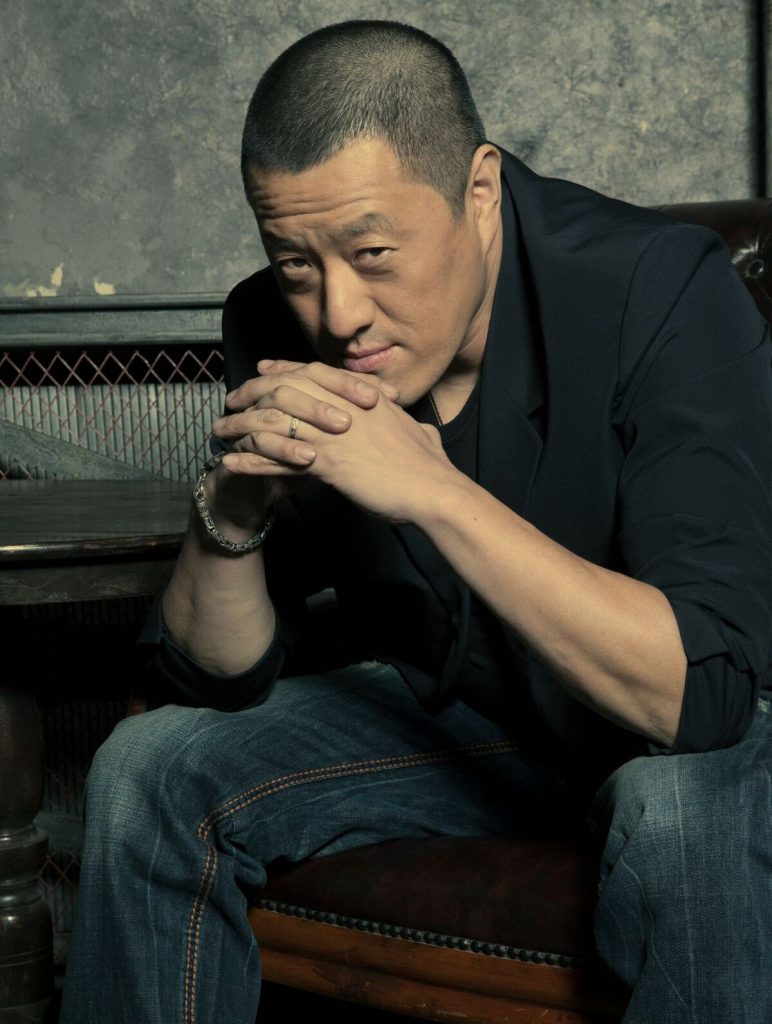Popular films screen in Italy but international release remains on hold for many.
It’s an unprecedented “golden era” for China’s film industry with a soaring domestic market but while the country is expected to be the world largest film market in 2020, the days of Chinese productions doing big business overseas still seem a long way off.
The Far East Film Festival in Udine, Italy, has just finished presenting a case in point. There were 10 recently released commercial films from the mainland on show – and 34 Chinese-language productions in total – and many of them were screening to an international audience for the first time.
For some Chinese filmmakers festivals are the only way to be seen by an international audience as domestic concerns – and a share soaring box office returns – remain the highest priority.
“The Chinese film market is so prosperous now. If I can catch the eyes of Chinese audience, I will be successful and satisfied. And people from around the world all have different tastes. You can’t please everyone,” said director Ding Sheng, whose thriller A Better Tomorrow 2018 screened in Udine.
Beijing-based festival consultant Maria Ruggieri has worked on the Chinese programme at FEFF for the past 15 years and has witnessed first-hand the rapid growth of the Chinese film industry.
“When the Udine film festival started in 1998, 1999, we could not even say that China had a market,” she said. “Actually, there were not so many films to select at the beginning. In 1999 and even 2000, we had only the possibility to select films from among 50 to 80 being made. Now there are more than 600 [to choose from] every year.”
China’s box office growth reflects this development. Industry figures show China’s box office saw a 14 per cent growth in 2017 to hit US$8.6 billion while overseas box office receipts of Chinese films and co-productions increased by 11 percent to US$670 million last year.
So far, there has been a focus on those co-productions – rather than home-grown products – as the Chinese film industry starts to spread its wings. But results have been mixed.
The most commonly cited example of this is the Zhang Yimou-directed actioner The Great Wall (2016), which cost US$150 million to make, starring Hollywood ‘s Matt Damon alongside a cast of Chinese favorites – but was universally considered a flop with losses of around U$70 million after all marketing and promotional expenses were taken into account.
“It’s very challenging for Chinese production companies to try to make a film like Hollywood does, that is welcomed everywhere in the world,” said Ruggieri. “Why? Because the audience [in China] is different. So the priority now for the Chinese film industry is to have a success in their own market – because it’s huge.”
That hasn’t stopped Chinese investment overseas.
Companies from internet giant Alibaba to conglomerates such as the Wanda Group have bet billions on forming alliances with Hollywood filmmakers.
Wanda acquired exhibitor AMC Entertainment in 2012 and has since become the world largest cinema chain operator. It also purchased major American film production house Legendary Entertainment in 2016. E-commerce giant Alibaba has meanwhile teamed up with Lionsgate and Chinese conglomerate Fosun International invested US$200 million in Sony-based production company Studio 8.
China has also continued to expand its skills in making Hollywood-style blockbusters, often tinged with patriotic fervor. The result has also been astounding as the likes of last year’s Wolf Warrior 2 and Operation Red Sea have collected an estimated US$874 and US$578 respectively.
But the breakthrough international hit for contemporary Chinese cinema remains elusive. FEFF has for 20 years been Europe’s largest showcase of commercial Asian cinema and has long championed the like of director Feng Xiaogang (Aftershock) – the king of Chinese box office. But organizers said these films remain pretty much locked with a niche festival market.
“Popular Chinese cinema has always been warmly received by audiences in Udine, going right back to the early films of Feng Xiaogang,” said FEFF co-ordinator Thomas Bertacche. “But while there’s a place for them at our festival and, increasingly, at others international film festivals, audiences in general are still waiting for the big break-through film.”
This is the third in a series of stories about the 20th Far East Film Festival, which took place this year from April 20-28. Jane Zhang was part of the FEFF Campus programme for aspiring journalists.









